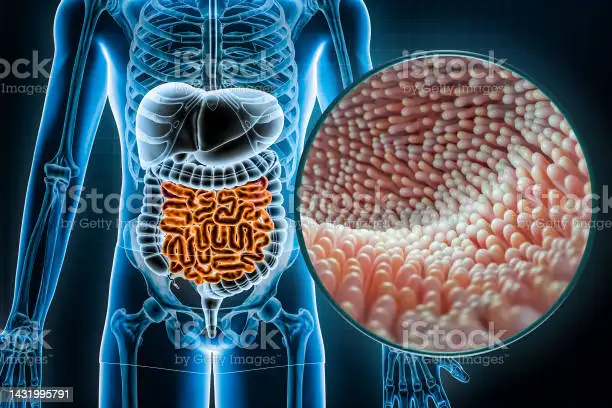Mental health has been a topic of great interest in recent years, and research in the field continues to uncover surprising links between our physical and mental wellbeing. One such link has been found between the state of the gut microbiome and depression. A new study has recently highlighted an intriguing connection: disturbed energy metabolism in individuals with depression is linked to disruption of the gut microbiome.
##The Gut Microbiome and Its Impact on Mental Health
The gut microbiome, a collection of trillions of bacteria residing in our intestines, has a significant impact on our overall health. These microscopic organisms play a vital role in digestion, immune system function, and even the production of certain vitamins. In recent years, the gut microbiome has emerged as a key player in mental health. This is often referred to as the gut-brain axis, highlighting the intricate communication between our brain and gut bacteria.
Depression, a common and debilitating mental health disorder, has been increasingly associated with gut microbiome disruptions. Previous research has shown a different composition of gut bacteria in depressed individuals compared to healthy controls, suggesting a significant role of the microbiome in depressive symptoms.
##Disturbed Energy Metabolism in Depression
Energy metabolism refers to how our bodies convert food into energy. It’s an essential process for life, but it appears that this mechanism may be disturbed in people with depression. These individuals often report feelings of fatigue and lethargy, symptoms indicative of an energy metabolism imbalance.
The recent study, published in a leading scientific journal, found that this disturbed energy metabolism in depressed individuals correlates with disruptions in their gut microbiome. The research pointed out that specific bacteria that aid in energy metabolism were less abundant in individuals suffering from depression.
##Toward New Treatment Possibilities
This finding may pave the way for innovative treatments for depression, targeting the gut microbiome to improve mental wellbeing. Probiotics, or beneficial bacteria, could be used to modify the gut microbiome composition, thereby improving energy metabolism and potentially alleviating depressive symptoms.
Furthermore, lifestyle changes, such as diet modifications and exercise, might also be beneficial for gut health and, consequently, mental health. However, more research is needed to fully understand these connections and to develop effective, microbiome-targeted therapies.
##Conclusion
The connection between gut microbiome disruption and disturbed energy metabolism in depression adds another layer to our understanding of this complex mental health disorder. As we delve deeper into the realm of the gut-brain axis, we may discover new treatment options that could significantly improve the lives of individuals struggling with depression.
Our knowledge about the human body and mind continues to expand, and in this context, it’s clear that what we eat and how we treat our gut microbiome may have far-reaching implications for our mental health. This new research emphasizes that a healthy gut could lead to a healthier mind and emphasizes the importance of holistic approaches to mental health care.












